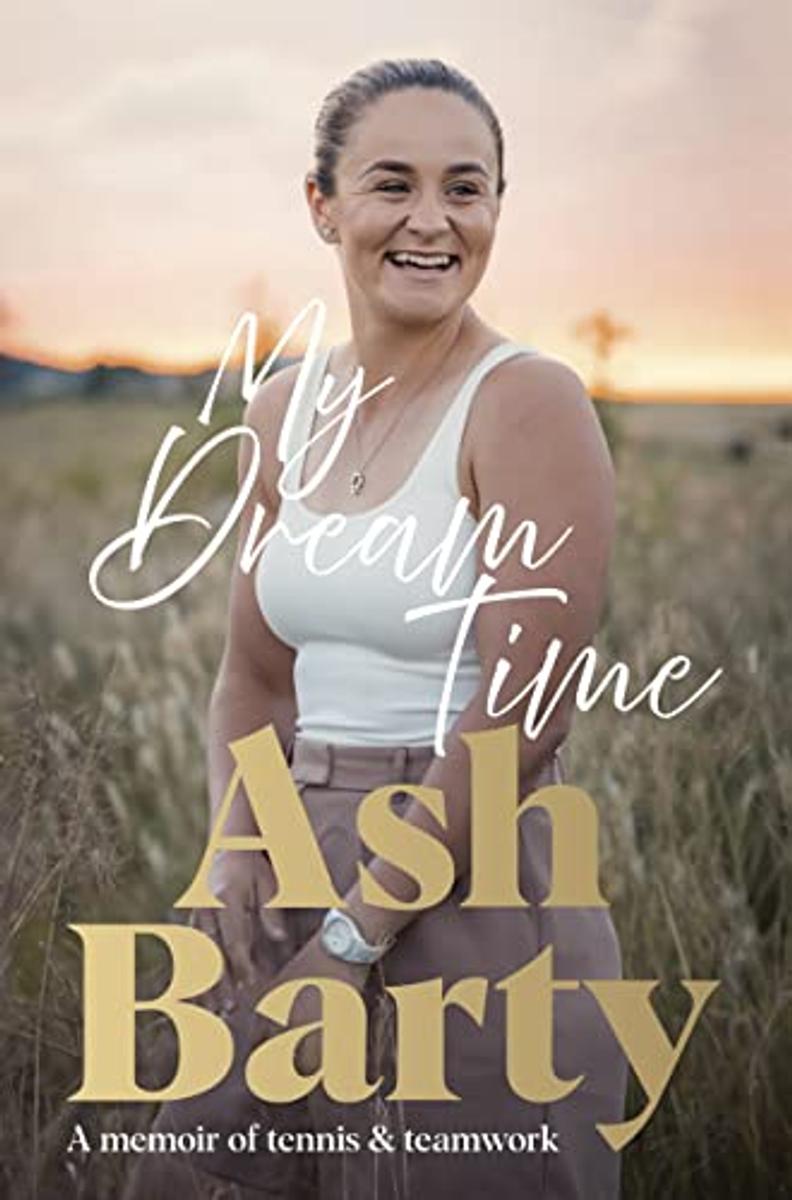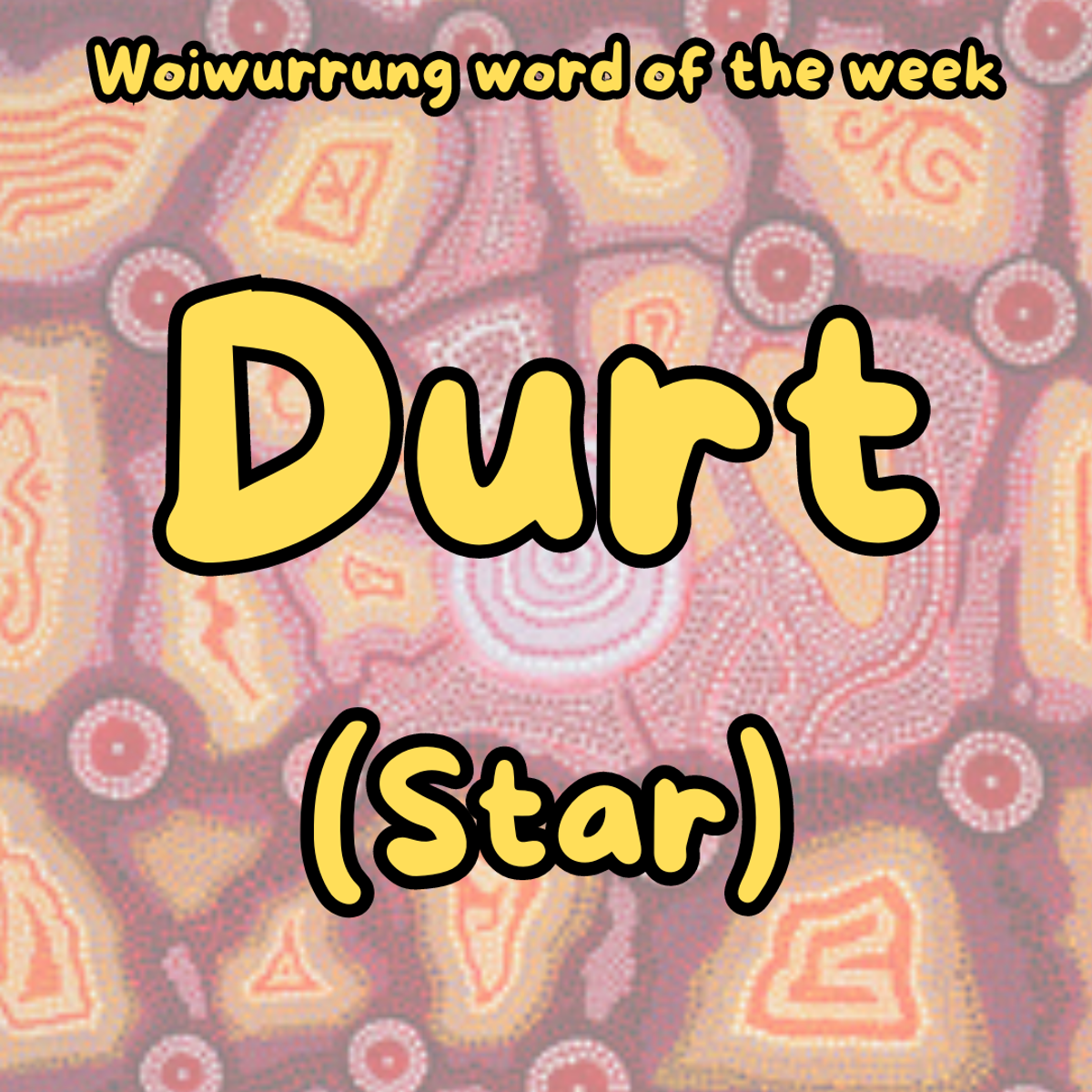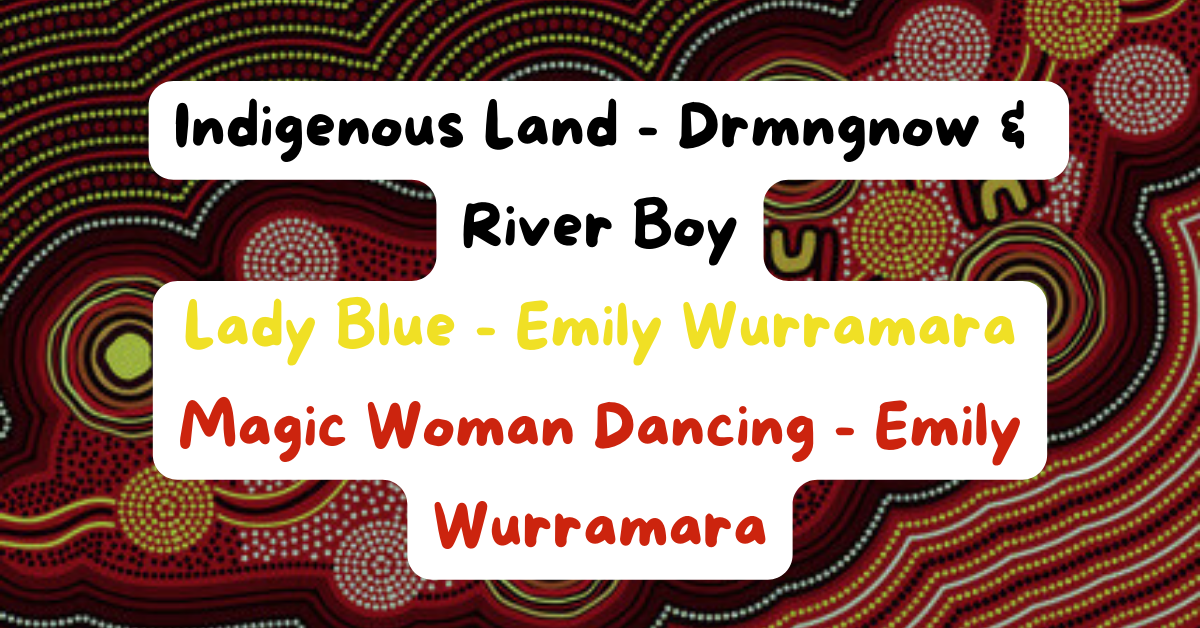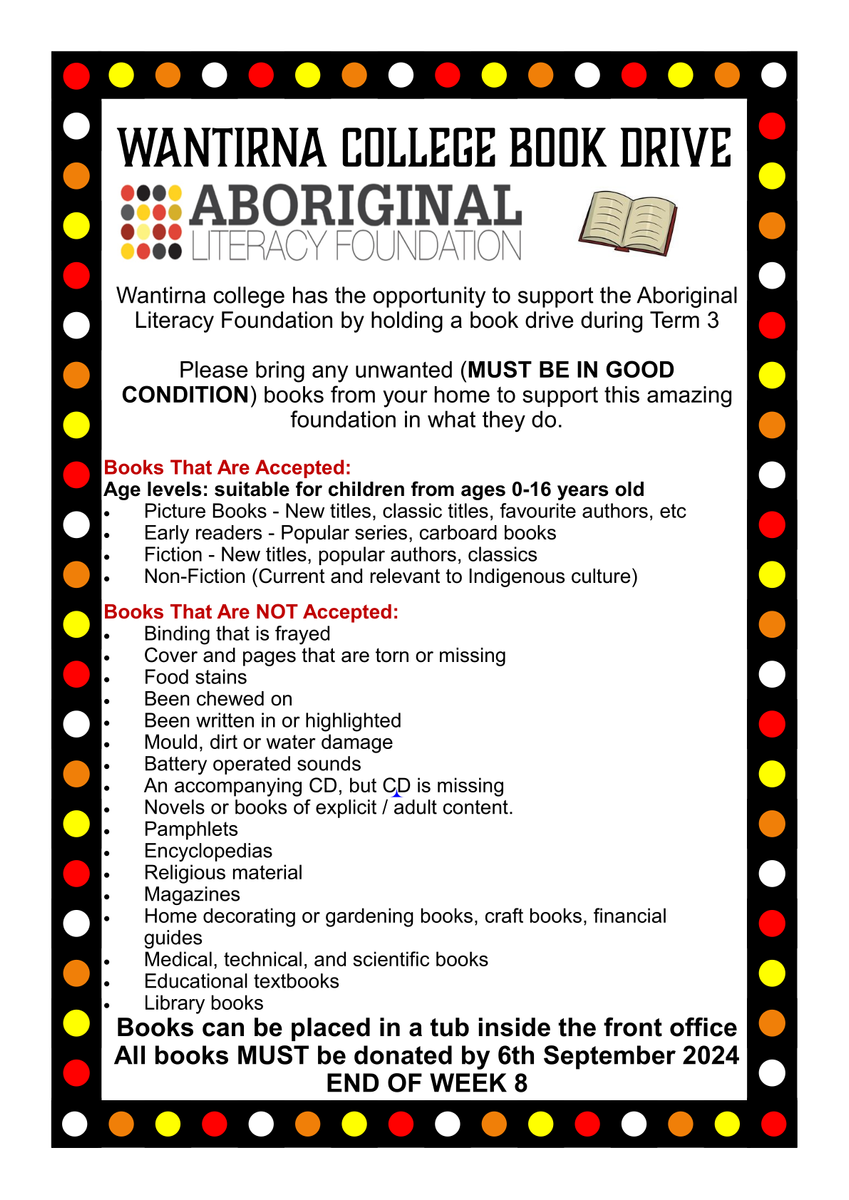Marrung News
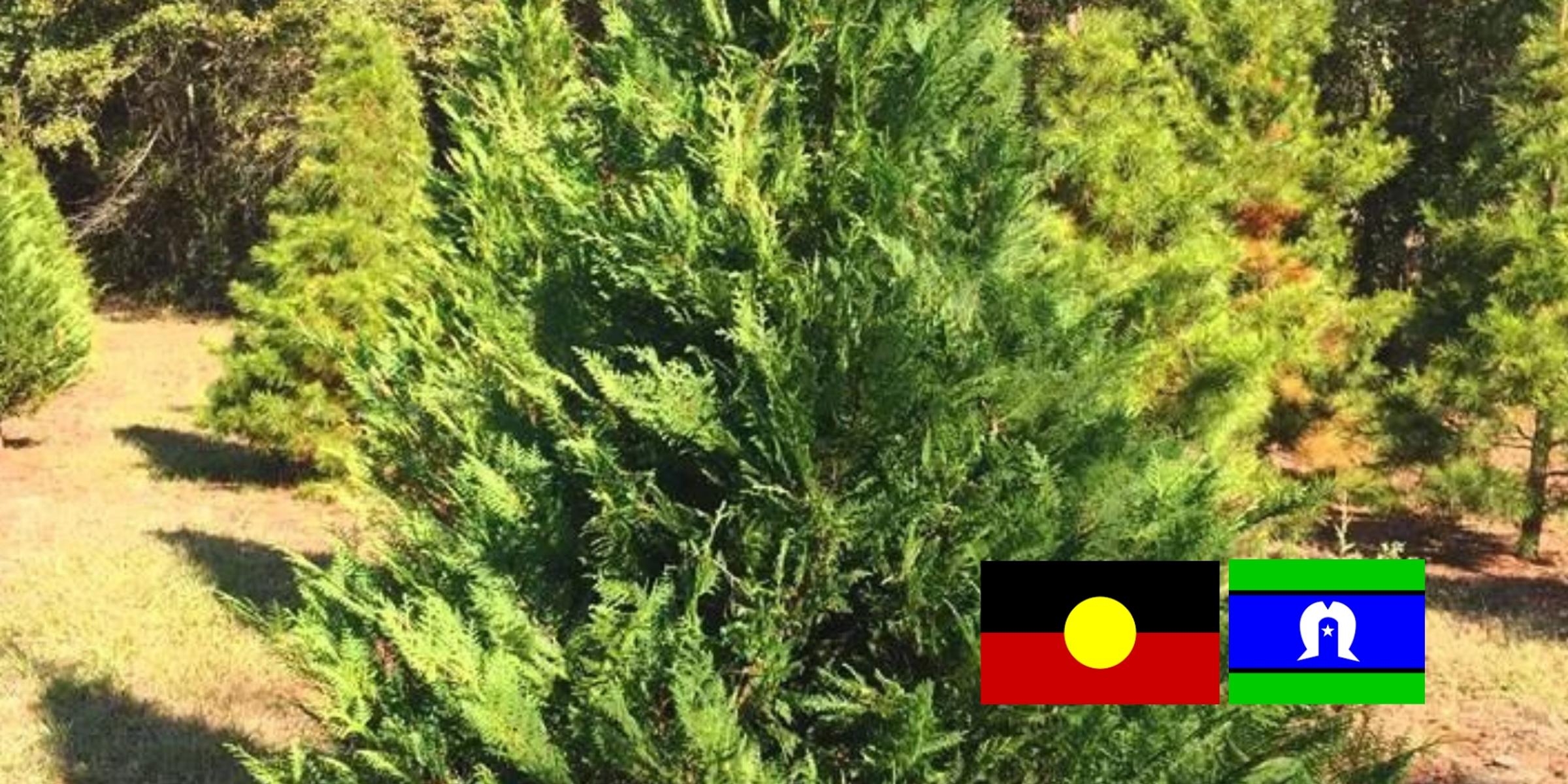
Aboriginal and Torres Strait Islander readers are advised that this website may contain images, voices and names of deceased persons.
First Nations Representation at the Paris 2024 Olympics
With all the recent discussions regarding the Paris 2024 Olympics this year, it’s only fair we recognise the incredible First Nations athletes currently competing, as well as those who have had an opportunity to represent Australia in the past! This year, we have 11 First Nations athletes who are competing in the Paris 2024 Olympics:
Taliqua Clancy, a 32-year-old beach volleyballer, will make their third appearance at the Olympics! Clancy is a proud Wulli Wulli and Goreng Goreng woman who was the first Aboriginal person to compete as a beach volleyballer in the Olympics back in Tokyo 2016.
Abbey Connor, a 19-year-old swimmer, will make her grand debut at Paris 2024 after she finished second in the 200m women’s Butterfly at the Australian Trials in Brisbane back in June. This, however, isn’t Connor’s first major competition. Connor competed at the 2022 world championships in Hungary and two years prior to this race, also broke the 1978 record for 200m butterfly at only 15 years old.
Caleb Law, a 20-year-old Wakka Wakka track athlete, will also make his grand debut at Paris 2024. Similar to Connor, Law competed in the World Relays in May and secured a spot as the third leg of the Australian 4x100 relay team.
Maurice Longbottom, a 29-year-old Dharawal man, will be competing for Australia in Rugby 7s. This is his second Olympics, after having competed at Tokyo 2020.
Patty Mills, a 35-year-old Muralag Kokatha man and celebrated basketballer, will compete for the Australian Boomers once again. Mills first competed in the Olympics at Tokyo 2020 where he won a bronze medal.
Conor Nicholas, a 26-year-old Whadjuk man, will compete in the 470 mixed sailing event, his first appearance at the Olympics.
Brooke Peris, a 31-year-old Ngarrawanji woman, will make her third appearance at the 2024 Paris Olympics. Peris competes for Australia in the women’s hockey team The Hockeyroos. Peris has no Olympic medals, however, she is still very accomplished as she won a silver medal at the 2018 Champions Trophy and Commonwealth Games, along with winning the 2019 Oceania Cup and FIH Pro League.
Callum Peters, a 21-year-old boxer, will make his Olympics debut at Paris 2024. After winning gold at the 2023 Pacific Games in the Solomon Islands, Peters now has 'the chance to represent [his] country and [his] people.'
Marissa Williamson Pohlman, a 22-year-old Ngarrindjeri woman, will make her Olympic debut alongside Peters, both competing in the same sport except in different divisions. Much alike Peters, Pohlman also won gold at the 2023 Pacific Games in the Solomon Islands.
Mariah Williams, a 29-year-old Wiradjuri woman, will represent our country for the third time at Paris 2024 for the women’s hockey team The Hockeyroos. Prior to the 2024 Olympics, Williams has made a name for herself in the sport, competing in several international competitions such as the FIH Hockey World Cup and the FIH pro league.
Alex (Ally) Wilson, a 30-year-old Ngarrindjeri woman, will make her Olympics debut at Paris 2024, competing in the 3x3 women’s basketball. Wilson is the fourth First Nations woman to represent Australia at Paris 2024.
Though we are very proud of the Aboriginal and Torres Strait Islander athletes representing Australia at the Paris 2024 Olympics, these athletes aren’t the only First Nations athletes to have represented Australia at the Olympics. Some of the notable Aboriginal and Torres Strait Islander athletes (and fan favourites) who have done so include Ash Barty, who won bronze in the mixed double tennis back in Tokyo 2020, Cathy Freeman who won gold at the 2000 Sydney Olympics, and Nova Peris (the older sister of Brooke Peris) who won gold at the 1996 Atlanta Olympics.
Not to mention, Michael Ah Matt, Adrian Blair, and Francis Roberts, who were the first Indigenous Australian athletes to represent Australia at the 1964 Tokyo Olympics Games.
We wish all out First Nations athletes all the best in their Olympic journey in Paris.
Deadly Reads
If you would like to learn more about Indigenous Australians and their time in the Olympics, have a read of former professional tennis player and Olympian, Ash Barty’s memoir titled My Dream Time. In this biography, Barty recounts the story of her life and how she ended up to where she is today, along with stories about her family and teamwork. This book can be found in the Sport section of our library here at Wantirna College.
Woiwurrung Word of the Week
If you want to learn more about the Woiwurrung language local to our area, or other languages spoken by First Australians, please check out the 50 Words Project website Here.
The 50 Words Project is led by the Research Unit for Indigenous Language at the University of Melbourne, and funded by the Duncan Leary Trust for Australian Indigenous Languages, with all words, audio, and video recordings provided by language speakers and included on the website with permission.
Australian Indigenous languages have many thousands of words, and this project aims to provide fifty words in Indigenous languages of Australia, with accompanying audio to support pronunciation. The interactive map is intended to be a useful resource for schools and educational organisations to learn 50 words in their local languages, and for the general public to discover the diversity of languages around Australia. For the best experience, the map should be viewed on a computer or tablet.
Koorie Beats
We understand that song and dance are important aspects of Aboriginal culture and identity, used in storytelling and ceremony for tens of thousands of years, and so hope to use this platform to share some of the Aboriginal and Torres Strait musicians we admire most.
Ash Orpwood
College Diversity Captain
Aboriginal Literacy Foundation Book Drive
Culturally Safe Supports and Services
Wantirna College acknowledges that there may be First Nations People within our community who may have been directly or indirectly affected by the Stolen Generations, and so may have found this Reconciliation Week of reflection an emotionally heavy one. You're not in this alone, and there are services available who you can speak to. These services include 13YARN, NACCHO and many more. Please see the attached document for more information about these and other local support services.
Local Support Services
Please download the attachment for Knox Network/Victorian Indigenous Support Services and don't hesitate to contact us for further information.
Ashleigh Bibby
Leader of Wellbeing
Nick Elliott
Marrung Leading Teacher

